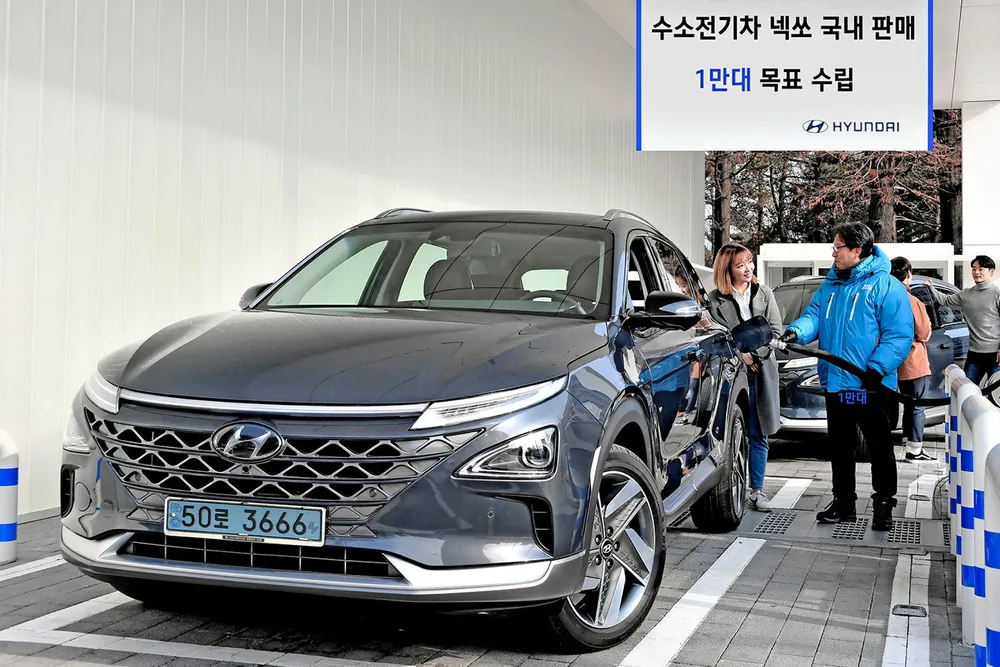Half-price hydrogen cars | Cities across South Korea unveil subsidies that will slash the cost of a new Hyundai Nexo
A total of 6,800 units of the model are set to be subsidised this year, after sales fell by 54% in 2023

A total of 6,800 units of the model are set to be subsidised this year, after sales fell by 54% in 2023
